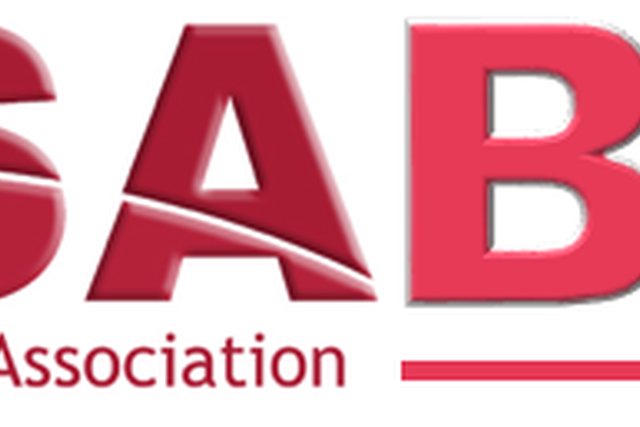Achieving Economic Development in Africa Through Progressive Taxation

Africa has been facing many challenges to achieving economic development, and the issue of generating sufficient revenue to fund development plans and public services remains one of the biggest challenges. However, one solution that has been overlooked is the implementation of a progressive tax system. A progressive tax system is a taxation mechanism where the tax rate increases as the income or wealth of an individual or corporation increases. This system has the potential to promote income equality, fund social programs, and reduce reliance on external borrowing and debt.
Benefits of a progressive tax system: One of the primary benefits of a progressive tax system is that it promotes income equality. In many African countries, there is a vast disparity in income levels, with a small percentage of the population earning a significant proportion of the wealth. A progressive tax system can help reduce this gap by taxing the wealthiest individuals and corporations at a higher rate. This mechanism helps generate revenue to invest in education, healthcare, infrastructure, and other public services that can improve the quality of life for citizens and promote economic growth. Another advantage of a progressive tax system is that it can generate revenue to fund social programs that benefit the most vulnerable in society. African countries face many social challenges, including high levels of poverty, inadequate healthcare, and inadequate education systems. Through a progressive tax system, governments can fund programs that address these issues, promote social justice, and create a more sustainable and inclusive economy. A progressive tax system can also help reduce reliance on external borrowing and debt. Many African countries have significant external debt burdens, which can limit their ability to invest in public services and infrastructure. By implementing a progressive tax system, governments can generate revenue to fund these investments without relying on external borrowing.
Challenges of implementing a progressive tax system: Implementing a progressive tax system is not without challenges. One of the primary challenges is the need for strong political will and effective tax administration. Governments must have the political will to implement the system and the capacity to administer it effectively. This requires investing in tax administration systems, simplifying the tax system, increasing transparency, and reducing corruption. Another challenge is the need for citizen support. Citizens must understand the benefits of a progressive tax system and be willing to comply with the tax laws. Governments must, therefore, engage citizens and educate them on the benefits of the system and how it works.
Conclusion: A progressive tax system has the potential to help African countries achieve economic development without reliance on debt. It can promote income equality, fund social programs, and reduce reliance on external borrowing. However, implementing a progressive tax system requires strong political will, effective tax administration, and citizen support. It is, therefore, essential for African governments to invest in these areas to achieve the full potential of the progressive tax system. By doing so, African countries can create a more sustainable and inclusive economy that benefits all citizens.



